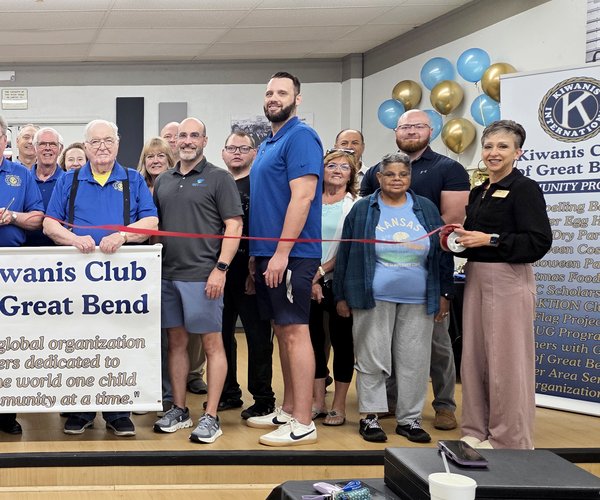What’s not to like about walking? It’s free. It’s easy to do, and it’s not just easy on joints but it also keeps them lubricated and flexible. There’s no question that walking is good for you. A University of Tennessee study found that women who walked had less body fat than those who didn’t walk. It also lowers the risk of blood clots, since the calf acts as a venous pump, contracting and pumping blood from the feet and legs back to the heart, reducing the load on the heart. In addition to being an easy aerobic exercise, walking is good for you in many other ways.
1. Improve Circulation
Walking wards off heart disease, brings up the heart rate, lowers blood pressure and strengthens the heart. Post-menopausal women who walk just one to two miles a day can lower their blood pressure by nearly 11 points in 24 weeks. Women who walk 30 minutes a day can reduce their risk of stroke by 20%, and by 40% when they stepped up the pace, according to researchers at the Harvard School of Public Health in Boston.
2. Shore Up Your Bones
Walking can stop the loss of bone mass for those with osteoporosis, according to Michael A. Schwartz, MD, of Plancher Orthopedics & Sports Medicine in New York. In fact, one study of post-menopausal women found that 30 minutes of walking each day reduced their risk of hip fractures by 40%.
3. Enjoy a Longer Life
Research finds that people who exercise regularly in their 50’s and 60’s are 35% less likely to die over the next eight years than their non-walking counterparts. That number shoots up to 45% less likely for those who have underlying health conditions.
4. Lighten Your Mood
Walking releases natural painkilling endorphins to the body – one of the emotional benefits of exercise. A California State University, Long Beach, study showed that the more steps people took during the day, the better their moods were.
5. Lose Weight
A brisk 30-minute walk burns 200 calories. Over time, calories burned can lead to pounds dropped.
6. Strengthen Muscles
Walking tones your leg and abdominal muscles – and even arm muscles if you pump them as you walk. This increases your range of motion, shifting the pressure and weight from your joints to your muscles.
7. Improve Sleep
Studies found that women ages 50 to 75 who took one-hour morning walks were more likely to have less insomnia than women who didn’t walk.
8. Support Your Joints
The majority of joint cartilage has no direct blood supply. It gets its nutrition from joint fluid that circulates as we move. Movement and compression from walking “squishes” the cartilage, bringing oxygen and nutrients into the area.
9. Improve Your Breath
When you are walking, your breathing rate increases, causing oxygen to travel faster through bloodstream, helping to eliminate waste products and improve your energy level and the ability to heal.
10. Slow Down Mental Decline
A study of 6,000 women ages 65 and older found that age-related memory decline was lower in those who walked more. According to the University of California, San Francisco, study, women walking 2.5 miles per day had a 17% decline in memory compared to a 25% decline in women who walked less than a half-mile per week.
11. Lower Alzheimer’s Risk
A study from the University of Virginia Health System in Charlottesville found that men between the ages of 71 and 93 who walked more than a quarter of a mile per day had half the incidence of dementia and Alzheimer’s disease than those who walked less.
12. Do More for Longer
Aerobic walking and resistance exercise programs may reduce the incidence of disability in the activities of daily living for people who are older than 65 and have symptomatic osteoarthritis, a study published in the Journal of Clinical Outcomes Management found.
Source: Arthritis Foundation
Monique Koerner is the Family and Community Wellness Agent with K-State Research and Extension – Cottonwood District. You may reach her at: 785-628-9430 or moniquek@ksu.edu.





